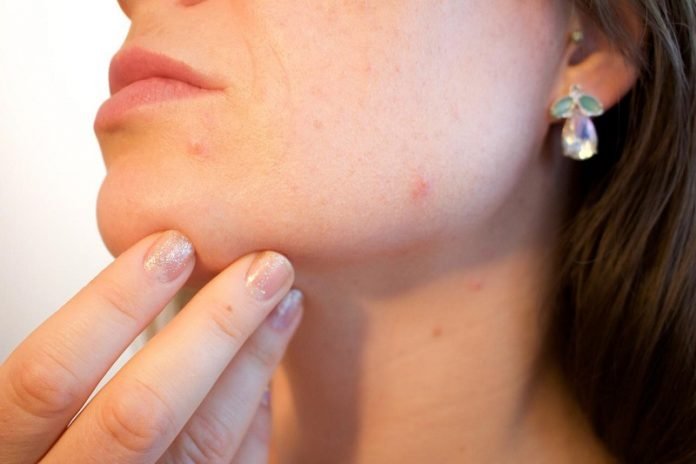
Skin cancer is the most common type of cancer.
The main types of skin cancer are squamous cell carcinoma, basal cell carcinoma, and melanoma.
Melanoma is much less common than the other types but much more likely to invade nearby tissue and spread to other parts of the body.
Most deaths from skin cancer are caused by melanoma. Explore the links on this page to learn more about skin cancer prevention, screening, treatment, statistics, research, clinical trials, and more.
Avoiding risk factors and increasing protective factors may help prevent cancer.
Avoiding cancer risk factors may help prevent certain cancers. Risk factors include smoking, being overweight, and not getting enough exercise.
Increasing protective factors such as quitting smoking and exercising may also help prevent some cancers. Talk to your doctor or other health care professional about how you might lower your risk of cancer.
Being exposed to ultraviolet radiation is a risk factor for skin cancer.
Some studies suggest that being exposed to ultraviolet (UV) radiation and the sensitivity of a person’s skin to UV radiation are risk factors for skin cancer.
UV radiation is the name for the invisible rays that are part of the energy that comes from the sun. Sunlamps and tanning beds also give off UV radiation.
Risk factors for nonmelanoma and melanoma cancers are not the same.
Risk factors for nonmelanoma skin cancer:
Being exposed to natural sunlight or artificial sunlight (such as from tanning beds) over long periods of time.
Having a fair complexion, which includes the following:
Fair skin that freckles and burns easily, does not tan, or tans poorly.
Blue or green or other light-colored eyes.
Red or blond hair.
Having actinic keratosis.
Past treatment with radiation.
Having a weakened immune system.
Being exposed to arsenic.
Risk factors for melanoma skin cancer:
Having a fair complexion, which includes the following:
Fair skin that freckles and burns easily, does not tan, or tans poorly.
Blue or green or other light-colored eyes.
Red or blond hair.
Being exposed to natural sunlight or artificial sunlight (such as from tanning beds) over long periods of time.
Having a history of many blistering sunburns, especially as a child or teenager.
Having several large or many small moles.
Having a family history of unusual moles (atypical nevus syndrome).
Having a family or personal history of melanoma.
Being White.
Although having a fair complexion is a risk factor for nonmelanoma and melanoma skin cancer, people of all skin colors can get skin cancer.
Sign up for our newsletter for more information about this topic.
If you care about skin health, please read studies about common drug that may protect you from skin cancer, and when should you see a dermatologist.
For more information about health, please see recent studies about vegetable oil linked to spread of cancer, and results showing fatty liver linked to this skin disease, and diets can help treat it.
Source: NCI.



